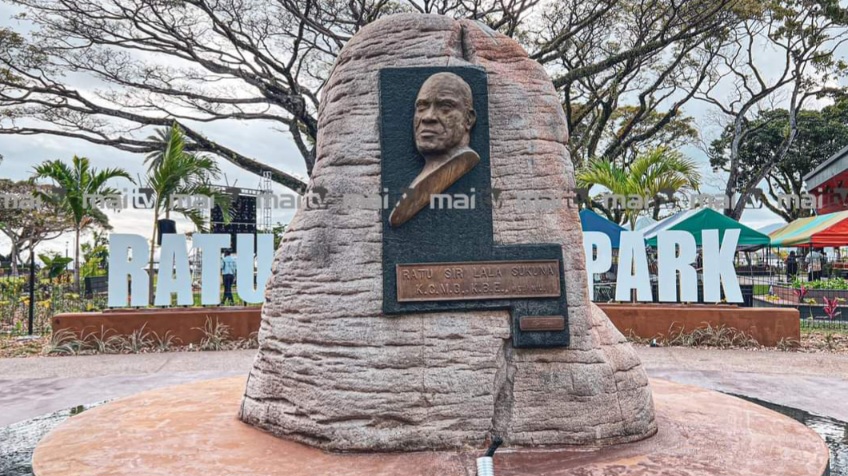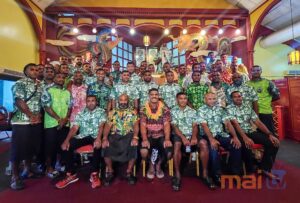Ratu Sukuna Park has officially reopened after being closed for nearly three years for a major facelift.
The park, which shut down at the end of 2021, has been revamped to better suit the needs of Suva’s growing population and modern urban life.
New features include improved lighting, modern seating, better walkways, and digital amenities like charging stations and WiFi. Now open to the public, the park offers a fresh space for relaxation, recreation, and cultural activities right in the heart of Suva.
Security has also been beefed up with new CCTV cameras and around-the-clock security staff to keep park-goers safe. The park’s new design is part of a broader push to incorporate smart city ideas into Suva, with special attention to making it accessible for people with disabilities.
This evening’s reopening ceremony, attended by government officials, local leaders, and the public, marks a significant moment for Suva. Named after the respected Fijian leader Ratu Sir Lala Sukuna, the park has long been a key part of the city, and its reopening is expected to bring new life to community activities and make Suva more attractive to both locals and visitors.
The Suva City Council (SCC) led the redevelopment, investing $7 million in the project. Initially, the budget was $13 million, but some features, like a planned two-story café, were removed to focus on expanding green spaces.
Minister for Trade, Co-operatives, MSMEs and Communications Manoa Kamikamica who presided as chief guest at the opening of the refurbished Sukuna Park in Suva yesterday said that the upgrade is part of Fiji’s Viti Levu Master Plan.
This plan outlines how the island will develop over the next 50 years, focusing on creating a more sustainable and well-planned urban environment. The Viti Levu Master Plan, approved by the Cabinet, aims to address the challenges of rapid urban growth, traffic problems, and environmental issues.
“It envisions a future where urban spaces like Ratu Sukuna Park are preserved and enhanced, serving as vital lungs of the city. These parks and open spaces are crucial to our urban planning, providing residents with places to rest, rejuvenate, and connect with nature, fostering a sense of community and well-being,” Kamikamica said.
The Master Plan also includes improvements to infrastructure, transportation, and the expansion of residential, commercial, and industrial areas.
To support these changes, the government is also working on making the development permit process easier and more transparent.
“By next month, all towns will have standardised processes and checklists, providing applicants with upfront information and ensuring a smoother, more transparent approval process. This is a crucial step in making our towns more attractive to investors and fostering economic growth across the nation.”








